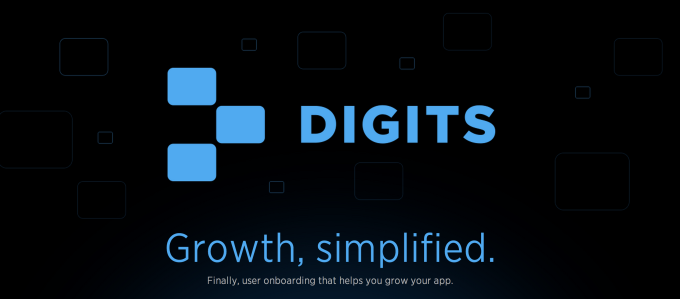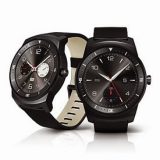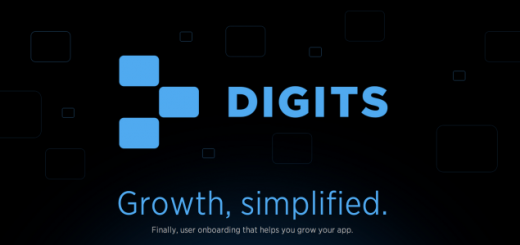Twitter even alludes to Digit’s advantages over Facebook, coyly writing on its homepage that Digits “won’t post on your behalf, so what you say and where you say it is completely up to you.” That remark is clearly aimed at Facebook’s developer platform, which allowed app publishers to build apps that posted to users’ walls and timelines, and send messages to friends, often without user’s understanding, even if it the app technically had their “consent” to do so. The news was revealed this afternoon at Twitter’s first annual developer conference called Flight, which served not only as the launchpad for a suite of tools aimed at mobile application developers, but also an apology of sorts to the developer community as a whole after years of pushing them and their ideas away as Twitter tried to reassert control over its product and platform.
That’s three times the market for your apps.” Additionally, for end users, phone numbers are easier to remember and use for sign-up and sign-in, and they also work well at keeping out spammers, without forcing users to decode CAPTCHAs (which have frankly become quite difficult over the years.) And finally, Digits offers a “find friends” mechanism for apps, but it will not create a universal, Digits-based “social graph” that’s shared in, between apps. Twitter announced the launch of a new service called Digits, aimed at application developers looking for a simpler, password-free login option for their mobile applications. Instead, Twitter can branch out to plug itself into dozens, or, it hopes, hundreds, of new mobile applications, while saving money and time for smaller developers who may not be able to afford the associated costs with SMS-based sign up systems, or who want to speed their application concepts to market.(Web APIs to be available as of this fall.) Digits provides the initial login screen that appears to users, the screen where users type in their phone number, and it then handles sending the SMS confirmation code. Twitter notes this on its developer site for Digits, adding that emerging markets today account for over 70% of the world’s mobile population. With the launch of Digits, Twitter is providing a tool that can handle this process on behalf of developers’ apps, even for those outside of the “messaging” space. To implement Digits, developers only have to put in a few lines of code into their apps, and then they have a viable alternative to password-based logins, or even Facebook or Google’s authentication mechanisms, if they choose.
However, Digits is a timely offering, as the world of messaging apps has exploded following the high-profile acquisition deal which saw Facebook buying Whatsapp, and the larger trend toward simpler, and even anonymous messaging, as well as “ephemeral” messaging, such as that provided by Snapchat. Digits is one of many new products announced today, which also included a tool set called Fabric, and new features for other Twitter products like MoPub, its advertising platform, and crash reporting service Crashlytics. It’s also a big bet on Twitter functioning as something that powers mobile applications under the hood, as opposed to solely functioning as a standalone social network of its own, where it’s struggling to get a relatively passive audience to not just read the tweets of celebs and other notable people and organizations, but also tweet themselves.
This process makes more sense on mobile, not only because a username and password combination is something that’s a bit of holdover from the days where web was king, but also because in many parts of the world, and especially developing regions where smartphones are people’s only “computer”, many users don’t have email addresses to use as their “username” or logon ID. The question is now, whether or not the developer community is ready to forgive and trust Twitter after the company actively shut down developer access to critical APIs, and changed its rules on the fly years ago, putting many of Twitter’s earliest developer supporters out of business. At launch, Twitter’s Digits homepage lists a few apps planning to implement the new system: Fitstar, Resy and OneFootball. 300 million people are buying a smartphone this year in the U.S. and Europe, noted Twitter’s Michael Ducker, Digits Product Manager, on stage at Flight this afternoon. Instead of creating a user name and password, users today often, only use their mobile phone number as the sign up and authentication mechanism.








